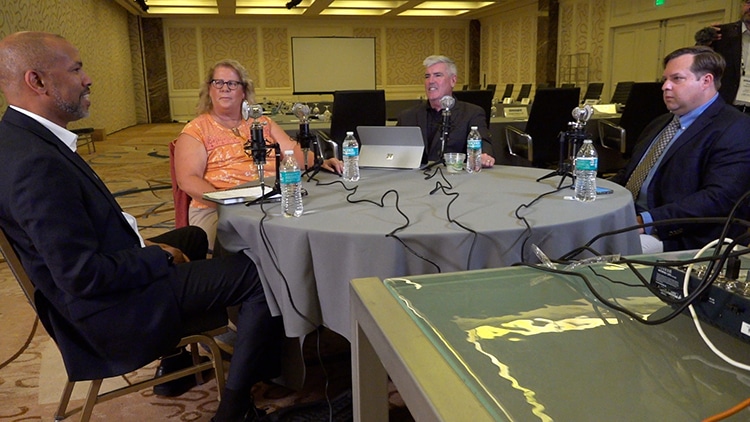Members of SMART SM Local 206 joined fellow union workers from the San Diego Building Trades on September 26 to usher through a historic victory for workers in the area, with La Mesa, Calif., becoming the first city in San Diego County to pass a citywide project labor agreement (PLA).
The PLA, negotiated between the city of La Mesa and the San Diego Building and Construction Trades Council, was approved unanimously, and will ensure union pay, benefits and protections for all construction workers on city of La Mesa public works projects.
“Personal politics aside, most of our members know and understand that our local will only endorse and support labor-friendly candidates and legislation,” said Local 206 Business Manager Dave Gauthier. “When we support those that support livable wages and a full family benefit package, our members and our communities do better as a whole.”
“When we support those that support livable wages and a full family benefit package, our members and our communities do better as a whole.”
– SMART Local 206 Business Manager Dave Gauthier
Project labor agreements benefit workers, contractors, project owners and citizens alike by organizing complex construction projects, creating jobs for local community members, providing the necessary skilled trades workforce for complicated jobs. They also help bring projects in on time and under budget – ultimately saving taxpayer money. By providing union-protected wages and benefits for all workers, project labor agreements help lift area residents – including historically disadvantaged and underrepresented communities – into the middle class. They also benefit local unions, with many PLAs including union hiring hall requirements.
Local 206 members and other building trades workers showed up to the September 26 La Mesa City Council meeting to speak in favor of the La Mesa PLA – illustrating the difference it makes when SMART members get involved in the political process. Such activism will continue to be crucial as local unions work to take advantage of a union-friendly political climate and funding from federal legislation signed into law by President Biden. Additionally, Gauthier added, pushing for pro-labor legislation like PLAs helps demonstrate the union advantage to working people everywhere.
“Explaining the benefits of local hire and project labor agreements is actually pretty easy when speaking to working-class people,” he said. “When you tell folks that these agreements benefit their neighbors who wake up early every morning and lace up their work boots, and when they understand that their tax dollars are then being redistributed in the local economy, you can really see the light come on in their eyes. They get it, and then they get what we in labor are all about.”
